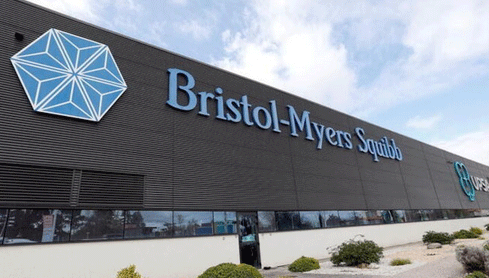Bristol Myers Squibb Bolsters Cell Therapy Portfolio with $1.5 Billion Acquisition of Orbital Therapeutics
Bristol Myers Squibb (BMS) has announced a definitive agreement to acquire privately held Orbital Therapeutics for $1.5 billion in cash, marking a strategic move to enhance its cell therapy portfolio. The deal, pending regulatory approvals, is expected to close in late 2025 or early 2026.
Strengthening Cell Therapy Capabilities
Orbital Therapeutics’ lead candidate, OTX-201, is an investigational in vivo CAR-T therapy designed to treat autoimmune diseases. This innovative approach uses a circular RNA-encoded CAR-T cell therapy, delivered via targeted lipid nanoparticles, to program a patient’s own T cells to target CD19-positive B cells. By leveraging the patient’s body as the manufacturer of CAR-T cells, OTX-201 potentially offers reduced treatment burden and improved accessibility compared to traditional ex vivo CAR-T cell therapies.
A Strategic Fit for BMS
The acquisition aligns with BMS’s efforts to expand its cell therapy portfolio beyond cancer, targeting autoimmune diseases with significant unmet medical needs. BMS already markets two approved CAR-T therapies, Yescarta and Breyanzi, for blood cancers. The addition of Orbital Therapeutics’ RNA platform, which integrates linear and circular RNA engineering, advanced lipid nanoparticle delivery, and AI-driven design, will further enhance BMS’s capabilities in cell therapy.
Market Potential and Future Prospects
The global autoimmune therapeutics market is projected to reach approximately $200 billion by 2031, driven by increasing prevalence and demand for effective treatments. With OTX-201, BMS aims to capitalize on this opportunity, potentially offering a best-in-class therapy that could redefine the treatment of autoimmune diseases.
Key Takeaways
- Acquisition Details: BMS will acquire Orbital Therapeutics for $1.5 billion in cash, with the deal expected to close in late 2025 or early 2026.
- OTX-201 Potential: The investigational therapy has shown promising preclinical data, depleting B cells in animal models and potentially offering a “reset” of the immune system.
- Strategic Benefits: The acquisition strengthens BMS’s cell therapy portfolio, expands its capabilities in autoimmune diseases, and provides access to Orbital’s innovative RNA platform.
Industry Context and Trends
The acquisition reflects a broader trend in the biotech industry, with companies seeking to enhance their cell therapy capabilities through strategic deals. AstraZeneca’s $1 billion deal for EsoBiotec’s in vivo CAR-T technology earlier in 2025 exemplifies this trend. Analysts expect a rebound in pharma acquisitions in the $1-5 billion range, driven by the need for innovative treatments and technological advancements.
Conclusion
Bristol Myers Squibb’s acquisition of Orbital Therapeutics marks a significant step in the company’s efforts to bolster its cell therapy portfolio and expand its presence in the autoimmune disease market. With OTX-201’s potential to offer a novel treatment approach and the Orbital RNA platform’s innovative capabilities, this deal positions BMS for future growth and innovation in the cell therapy space







